
Yasmina's Story: Centrepoint's Independent Living Programme provided me with safety and stability
Yasmina became homeless after fleeing abuse. She is now living in one of Centrepoint's Independent Living properties where she has been able to focus on her future.

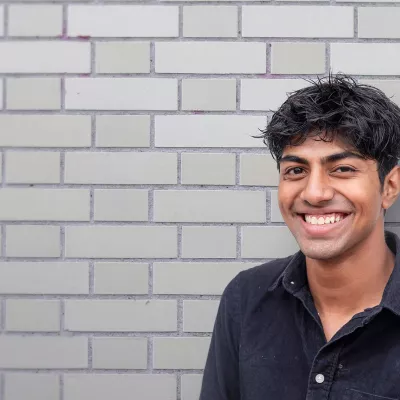

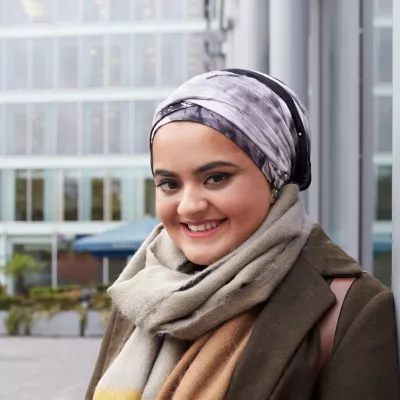
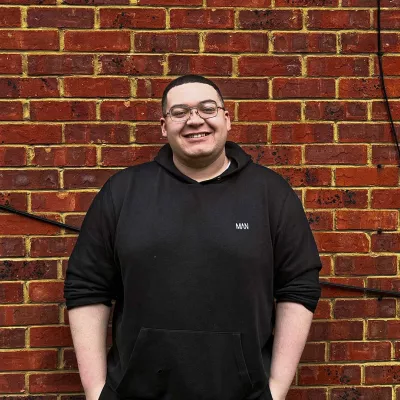 Tamsin Clements
Tamsin Clements
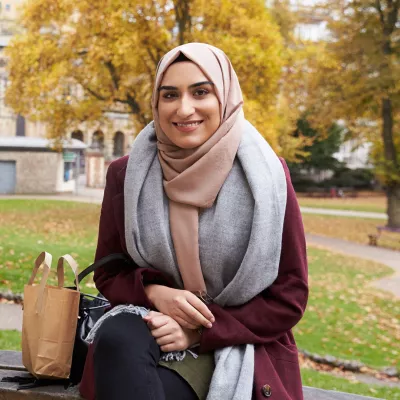
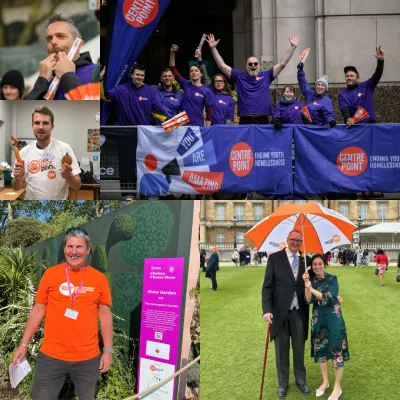

 Ben Vaughan Centrepoint
Ben Vaughan Centrepoint